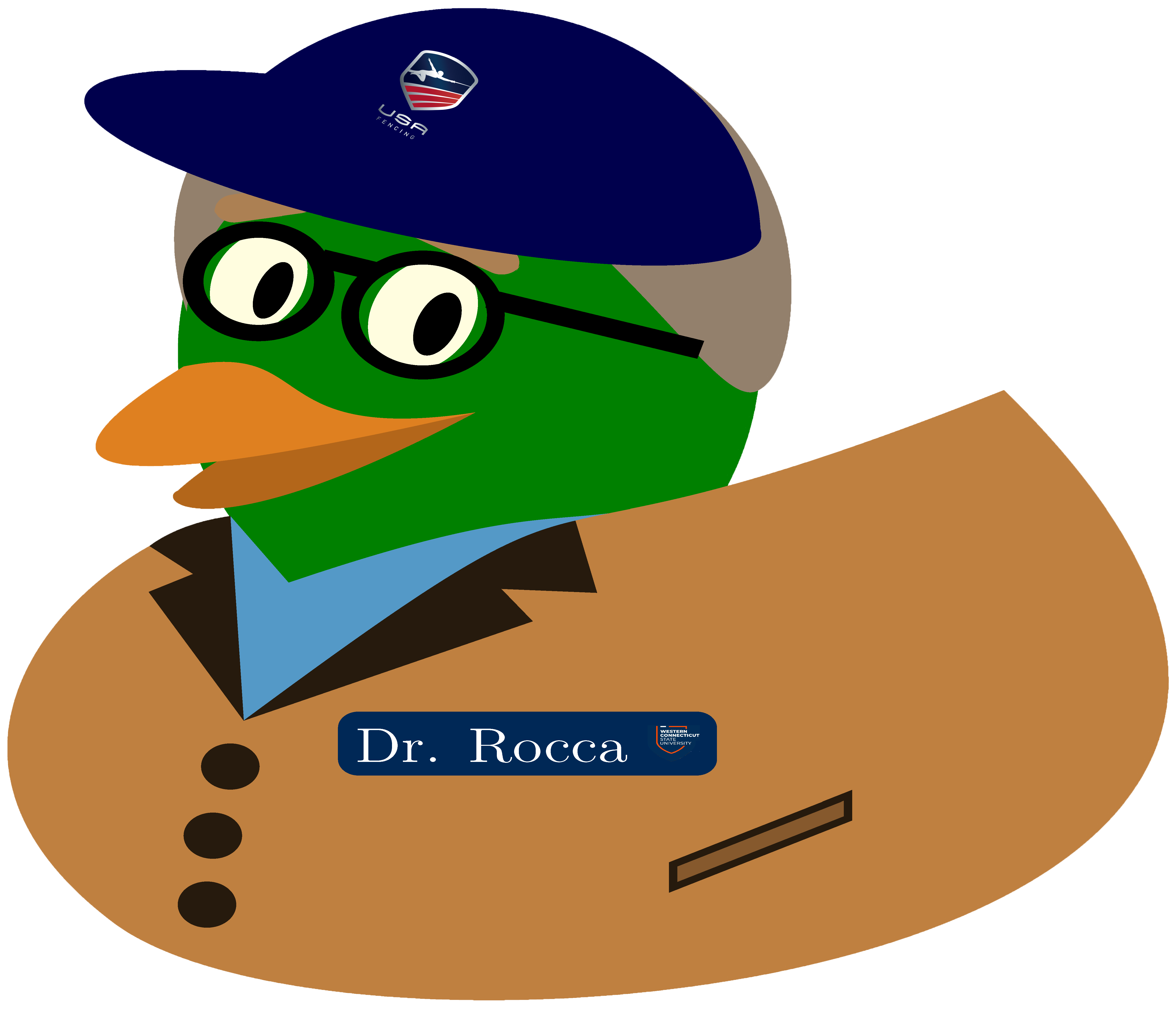Historical Development of Mathematics
Syllabus
Class Calendar
- …
- …
- 4-16-2024: Exam 2
- 4-9-2024: We looked at a little more Islamic math.
- 4-2-2024: We looked at some Islamic mathematics, square roots and quadratics. The second exam is pushed off a week until 4-16-2024 so that we can spend a little more time on this. So that you don’t have too much all at once the due date for the unit 2 assignment and the Rough Draft for the Original Source essay has been moved to 4-23-2024.
- 3-26-2024: We looked at the Indian algorithm for finding square roots and one for solving Pell’s equation. Next week I want to revisit the Pell’s equation briefly because there were some detail’s I wasn’t happy with and then we will move on to mathematics in the Islamic era.
- 3-19-2024: We went through an overview of some ancient Chinese mathematics (mostly from 200 BCE to 200 CE). Next time we will look at ancient Indian mathematics.
- 3-5-2024: Exam 1
- 2-27-2024: We covered the Sieve of Eratosthenes and his approximation of the circumference of the Earth. We then spent most of the night working through the ideas/steps needed to prove Heron’s formula \(Area=\sqrt{s(s-a)(s-b)(s-c)}\). (I owe you some comments on the propositions which we will discuss next week during review time.) Next week is the exam. For the exam, be sure you can do or comment on the sorts of calculations we have talked about, i.e. number systems, incommensurables, approximations of \(\pi\), Heron’s formula, etc, and that you can make general comments on the history of math in the time periods covered (pre-history through about 450CE). For the documentaries I am going to ask you what you got from them and you will be graded based on your level of detail/how well you represent the ideas from the videos. For the readings I will try to keep my questions general. Remember, that we will start with review before the exam so come prepared with questions.
- 2-20-2024: We worked through the packets on Euclid’s Elements and Archimedes approximation of \(\pi\).
- 2-13-2024: Class was again cancelled for a
 SNOW DAY
SNOW DAY . Here is a revised calendar for the semester: Revised Calendar
. Here is a revised calendar for the semester: Revised Calendar - 2-6-24: We finished the Rosetta Stone packet and started talking about Greek mathematics with Euclid (Euclid Slides). We will look deeper into this next week and discuss Archimedes approximation of circles. Since we lost a day to poor weather, the exam date and assignment due date are shifted by at least one week.
- 1-30-24: We went the through the Number Systems Presentation and then started working on the Rosetta Stone Exercise. Please review the Egyptian numerals, fractions, and multiplication for next week so that you are comfortable with them when we start working with the next part of the packet.
- 1-23-24: University Closed
Unit 1: Prehistory Through Ancient Greece
- Video: The Story of 1
- Video: The Story of Maths: The Language of the Universe
- Text Sections: 1.1, 1.2, 2.1∗, 3.1∗, 3.2, 3.6, 3.7, 3.8, 4.2, 5.3, 6.4*
- Assignment Due 3/19/2024: p.28 – 25, p.47 – 13 & 17, p.90 – 7 & 36, p.168 – 28 & 29
- Review and Exam on 3/5/2024
Unit 2: Mathematics in the Middle Ages
- Video: The Story of Maths: The Genius of the East
- Text Sections: 7.1*, 7.2, 7.3, 7.5, 7.6*, 8.1*, 8.5, 8.7, 8.8*, 9.1*, 9.3, 9.4, 9.7*, 10.1*, 10.2, 10.4, 11.1*, 11.2*
- Assignment Due
4/16/20244/23/2024: p.226 – 14 & 18, p.261 – 26 & 30, p.318 – 12, p.359 – 19 - Review and Exam on 4/9/2024
Unit 3: Early Modern Mathematics
- Video: The Story of Maths: The Frontiers of Space
- Text Sections: 2.1, 12.2, 12.3, 13.1, 13.2, 13.3, 14.2, 14.4, 15.1, 16.1, 16.2
- Assignment Due 5/10/2024: p.418 – 30, p.462 – 1 & 2, p.501 – 16, p.539 – 3, 10, p. 579 – 25
- Review and Exam on 5/7/2024
Unit 4: Modern Mathematics (Extra Credit)
- Video: The Story of Maths: To Infinity and Beyond
- Text Sections: 8.1, 18.3, 19.2, 19.3, 19.4*, 20.2, 20.4, 20.5*, 21.1, 21.2, 22.2, 24.6, 25.1, 25.2
- Assignment Due 5/10/2024 by 3pm: TBA
Review and Exam on 5/7/2024
Original Source Project
All the sources come from “Classics of Mathematics” edited by Ron Calinger, there are three copies on reserve in the Haas Library. For each source there is a mathematician (there is a short biography in Calinger’s text) and a reading, exact page numbers can be found in the table of contents.
Overview
For this report you will need to pick an original source document from the list of documents I provide and then:
- read through the original source,
- research the history of the topic addressed in the original source.
- research the author of the source,
- research the significance of the author and their mathematics, and
- look at the historical time period in which the author lived and how that affected them.
Every student must select a different topic, selection is first come first served, so start looking early. After this you will prepare a report on your findings, the general format of the report should discuss the author, some history of the topic and author, and describe the mathematics.
Details
- The bibliography must include your original source, the MacTutor entry for your mathematician, and at least four other sources, two of which must be print sources. Bibliography entries and inline citations should be numbered in AMS Plain format.
- The rough draft should be a full first draft of the report, not just a partial report.
- The final draft should be polished and professional and incorporate feedback on the rough draft.
- Both drafts must:
- approximately 5000 words (about 20 pages double spaced),
- be typed with 12pt font,
- have 1 inch margins on the top, bottom, left, and right,
- be double spaced,
- be written in complete sentences,
- adhere to standard English conventions for writing, and
- adhere to standard conventions for properly typed mathematics.
Dates
- 2/20/2024: Choose Topic
- 3/19/2024: Submit notes on Original Source
- 4/2/2024: Submit Outline \& Bibliography
4/16/20244/23/2024: Submit Rough Draft- 5/10/2024 by 3pm: Submit Final Draft
Sources
All the sources come from “Classics of Mathematics” edited by Ron Calinger, there are two copies on reserve in the Haas Library. For each source there is a mathematician (there is a short biography in Calinger’s text) and a reading, exact page numbers can be found in the table of contents.
| Al-Khwarizmi, reading 47 Bhaskara II, reading 50 Stevin, reading 58 Descartes, reading 62 Fermat, reading 65 or 69 Pascal, reading 66 – B.B. | Galileo, reading 68 Leibniz, readings 72 and 73 Newton, readings 77 and 78 Taylor, reading 81 Euler, reading 85 or 88 Hamilton, reading 95 | Lobachevsky, reading 97 Abel, reading 101 Cauchy, reading 103 Weierstrass, reading 105 Dedekind, reading 110 Peano, reading 116 |
